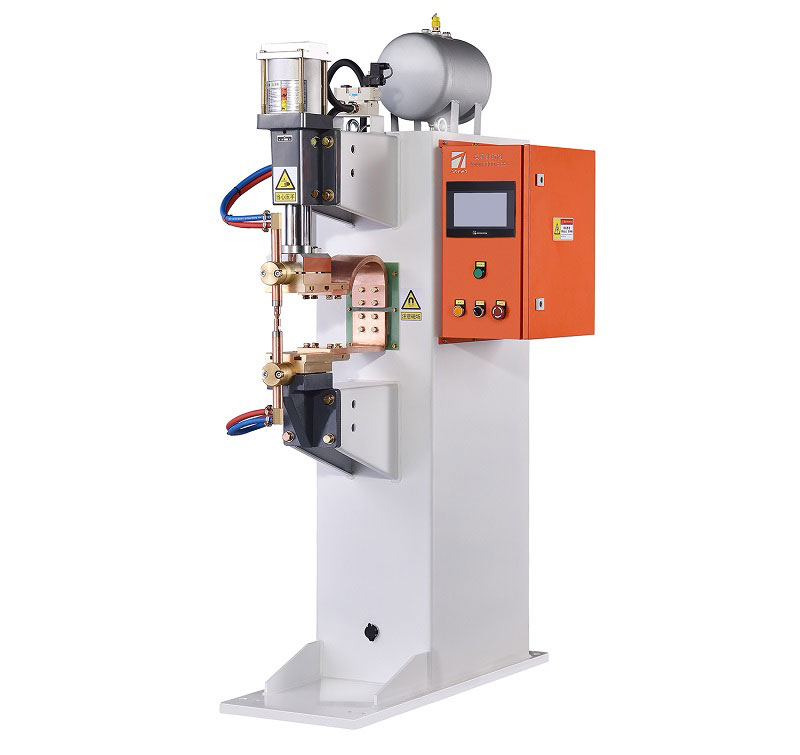Resistance spot welding is a widely used technique in the manufacturing industry, employed to join metal sheets by creating a localized electric current at the weld point. The choice of electrode material plays a critical role in the welding process, influencing factors such as weld quality, durability, and cost-effectiveness.
1. Copper Electrodes
Copper electrodes are one of the most common choices for resistance spot welding machines. They are known for their excellent thermal and electrical conductivity, which helps in generating the necessary heat for welding. Copper electrodes also offer good durability and can withstand high temperatures. However, they tend to wear down over time and may require frequent replacement or maintenance.
2. Tungsten Electrodes
Tungsten electrodes are another option for resistance spot welding. They have a high melting point and excellent electrical conductivity, making them suitable for welding applications that involve high heat and electrical resistance. Tungsten electrodes are known for their longevity, but they can be more expensive upfront compared to copper electrodes.
3. Refractory Metal Alloys
Some resistance spot welding applications require even higher melting points and durability than tungsten can provide. In such cases, refractory metal alloys like molybdenum and tantalum are used. These materials offer exceptional resistance to heat and corrosion, making them ideal for specialized welding tasks. However, their high cost can be a limiting factor for broader applications.
4. Composite Electrodes
Composite electrodes combine different materials to achieve a balance of properties. For example, a copper-tungsten composite electrode combines the excellent conductivity of copper with the high-temperature resistance of tungsten. These electrodes offer a compromise between cost and performance, making them a popular choice for many welding applications.
5. Electrode Coatings
In some cases, electrodes are coated with materials like chromium or zirconium to improve their resistance to wear and corrosion. These coatings can extend the lifespan of the electrode and enhance the quality of the weld.
In conclusion, the choice of electrode material for resistance spot welding machines depends on various factors, including the specific welding application, cost considerations, and desired performance characteristics. Copper, tungsten, refractory metal alloys, composite materials, and electrode coatings all have their advantages and limitations. Engineers and welders must carefully evaluate these factors to select the most suitable electrode material for their needs, ultimately ensuring the success of the welding process.
Post time: Sep-18-2023



